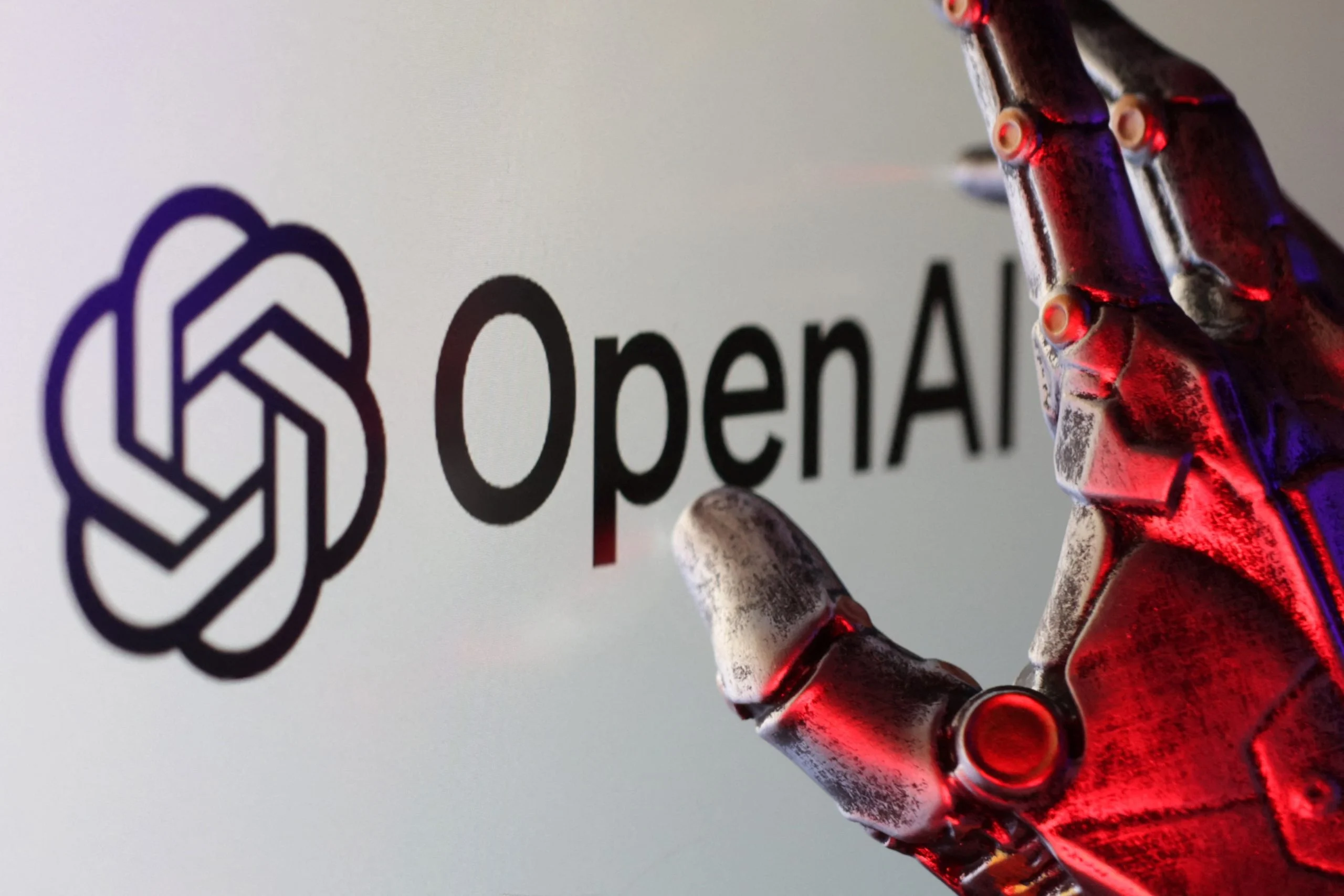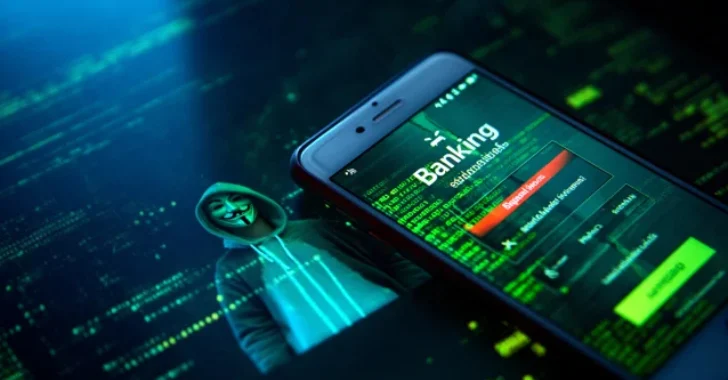Blockchain is a method of recording information that makes it impossible or difficult for the system to be changed, hacked, or manipulated. A blockchain is a distributed ledger that duplicates and distributes transactions across the network of computers participating in the blockchain.
Blockchain is an emerging technology with many advantages in an increasingly digital world:
· Highly Secure
It uses a digital signature feature to conduct fraud-free transactions making it impossible to corrupt or change the data of an individual by the other users without a specific digital signature.
· Decentralized System
Conventionally, you need the approval of regulatory authorities like a government or bank for transactions; however, with Blockchain, transactions are done with the mutual consensus of users resulting in smoother, safer, and faster transactions.
· Automation Capability
It is programmable and can generate systematic actions, events, and payments automatically when the criteria of the trigger are met.
How Does Blockchain Technology Work?
In recent years, you may have noticed many businesses around the world integrating Blockchain technology. But how exactly does Blockchain technology work? Is this a significant change or a simple addition? The advancements of Blockchain are still young and have the potential to be revolutionary in the future; so, let’s begin demystifying this technology.
Blockchain is a combination of three leading technologies:
- Cryptographic keys
- A peer-to-peer network containing a shared ledger
- A means of computing, to store the transactions and records of the network
Cryptography keys consist of two keys – Private key and public key. These keys help in performing successful transactions between two parties. Each individual has these two keys, which they use to produce a secure digital identity reference. This secured identity is the most important aspect of Blockchain technology. In the world of cryptocurrency, this identity is referred to as ‘digital signature’ and is used for authorizing and controlling transactions.
The digital signature is merged with the peer-to-peer network; a large number of individuals who act as authorities use the digital signature in order to reach a consensus on transactions, among other issues. When they authorize a deal, it is certified by a mathematical verification, which results in a successful secured transaction between the two network-connected parties. So to sum it up, Blockchain users employ cryptography keys to perform different types of digital interactions over the peer-to-peer network.
Advantages and Disadvantages of Blockchain
Like all forms of technology, blockchain has several advantages and disadvantages to consider.
Advantages
One major advantage of blockchains is the level of security it can provide, and this also means that blockchains can protect and secure sensitive data from online transactions. For anyone looking for speedy and convenient transactions, blockchain technology offers this as well. In fact, it only takes a few minutes, whereas other transaction methods can take several days to complete. There is also no third-party interference from financial institutions or government organizations, which many users look at as an advantage.
Disadvantages
Blockchain and cryptography involves the use of public and private keys, and reportedly, there have been problems with private keys. If a user loses their private key, they face numerous challenges, making this one disadvantage of blockchains. Another disadvantage is the scalability restrictions, as the number of transactions per node is limited. Because of this, it can take several hours to finish multiple transactions and other tasks. It can also be difficult to change or add information after it is recorded, which is another significant disadvantage of blockchain.
Why is Blockchain Important?
Blockchain is important because it has the potential to revolutionize the banking industry. Banks need to be faster to adapt to the changing needs of the digital age, and Blockchain provides a way for them to catch up. By using Blockchain, banks can offer their customers a more secure and efficient way to conduct transactions. In addition, Blockchain can help banks to streamline their operations and reduce costs.
Blog By: Priyanka Rana

25
MayBlockchain Technology
May 25, 2023Recent Blog
Vikram 3201 & Kalpana 3201Apr 04, 2025
The Open Weight Language ModelApr 03, 2025
Asia Cup 2025Apr 02, 2025
The CrocodilusApr 01, 2025
SARATHIMar 31, 2025




